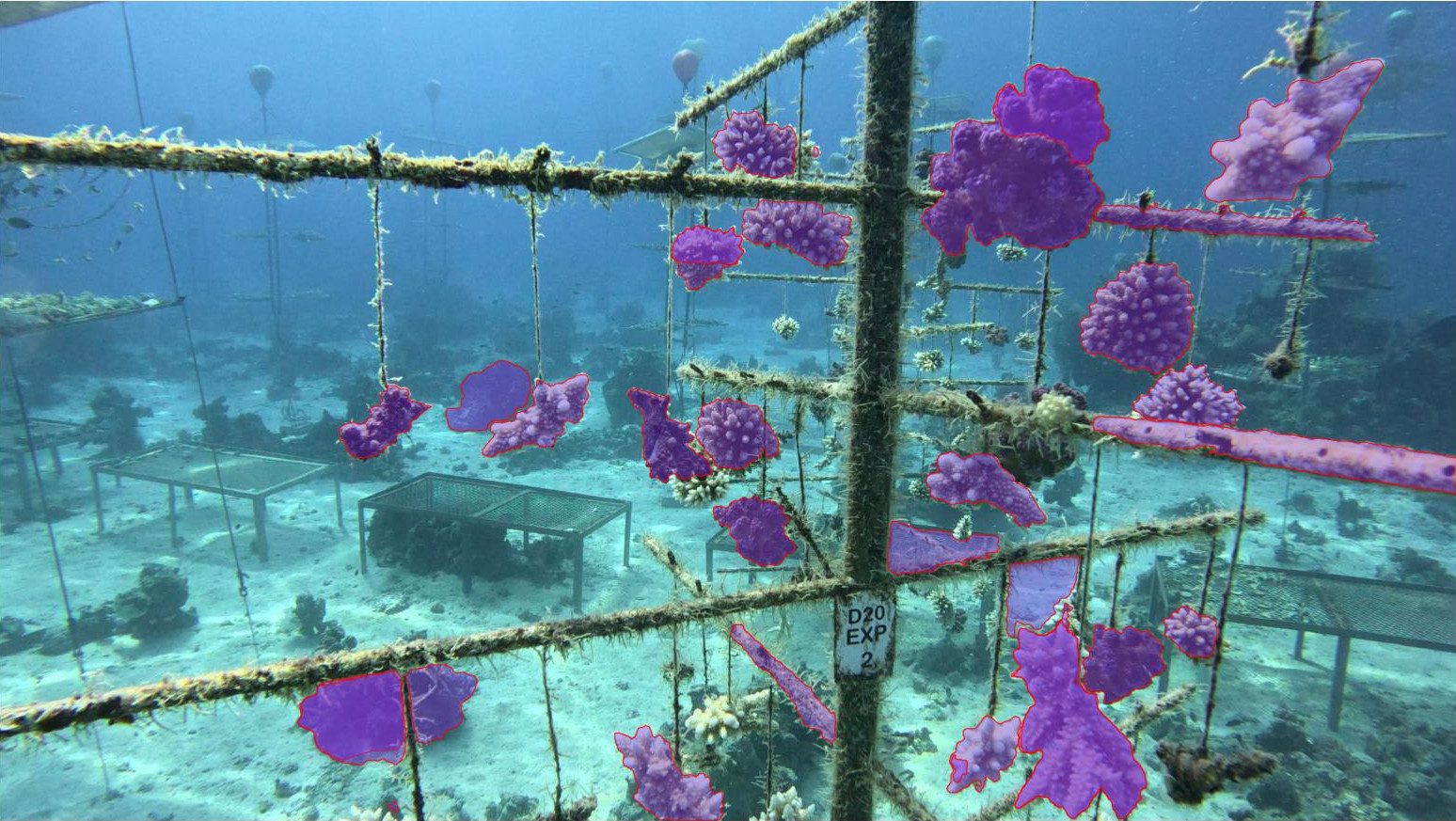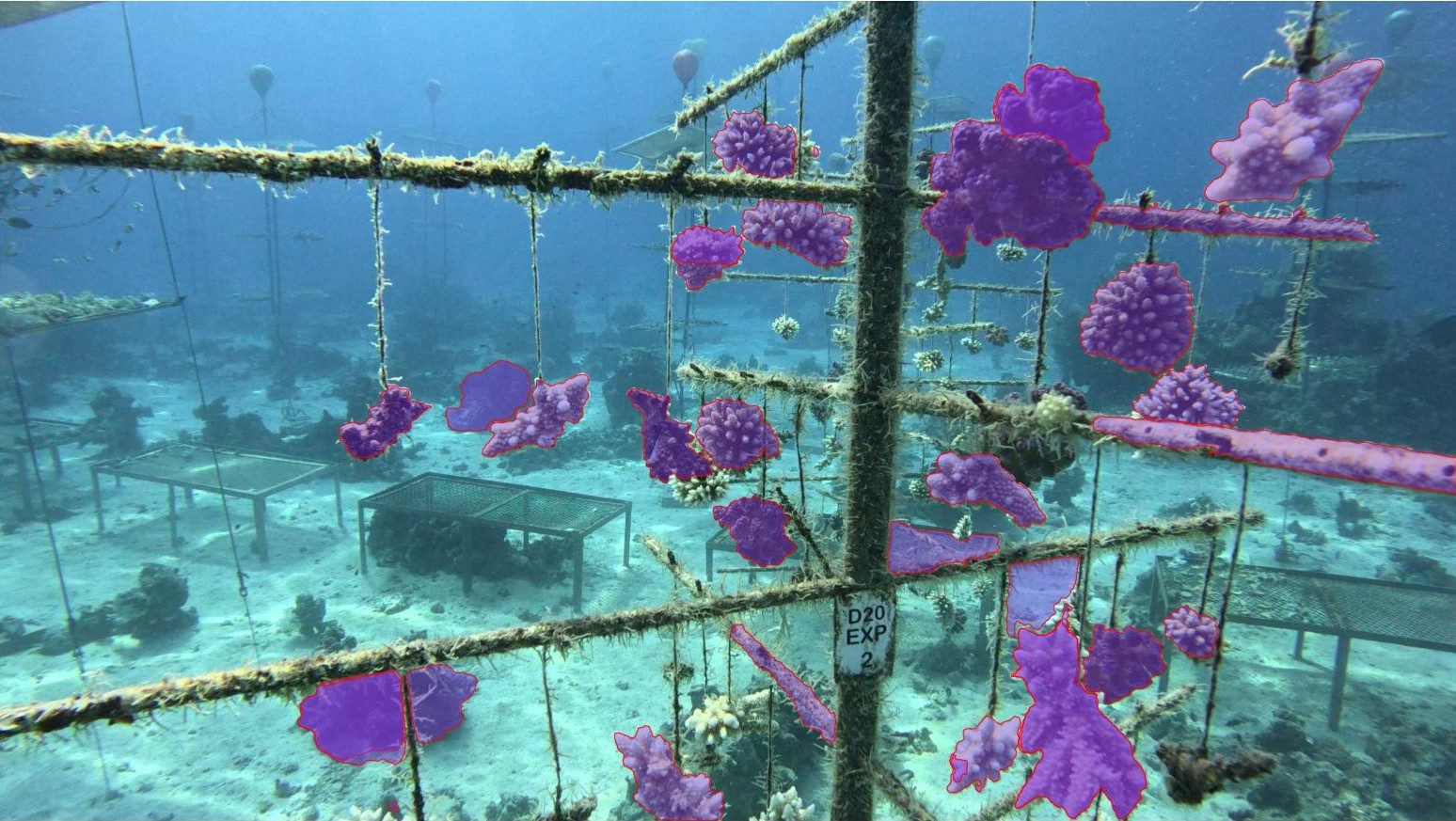
A recent project leverages AI expertise to enhance coral monitoring and restoration strategies across a 100-hectare reefscape in the Red Sea. The groups behind the two-year programme say it will be using AI to fast-track reef restoration and conservation, at scale, for the first time.
The AI solutions are designed to tackle critical aspects of coral resilience, such as thermal tolerance and growth. Such solutions are critical to efforts to improve how coral resilience is understood and enhanced in response to changing environmental conditions.
By deploying various AI tools, digiLab, an AI firm with expertise in “uncertainty quantification” says it has been enhancing the capabilities of environmental sensors across the reefscape. The AI solutions seemingly reduce the time needed to assess the state of the coral, and allow more accurate data to be gathered about key environmental stressors like temperature and light.
The collaboration between digiLab and KAUST will develop a supposedly first-of-its-kind AI-enabled digital twin platform to support the KAUST Coral Restoration Initiative (KCRI), a large coral restoration project in the Kingdom of Saudi Arabia.
“The integration of AI in this project demonstrates a scalable model for environmental conservation efforts, offering insights and methodologies that can be adapted globally to protect and restore vital reef ecosystems in the face of continued environmental challenges,” say the groups.
Using AI, the researchers can closely simulate and predict the behaviour of the real-world reefscape in real-time. This capability allows for easy and accessible monitoring of the coral reef ecosystem in nurseries on land and in the sea. AI tools delve into the ecosystem to uncover crucial data, such as algae growth and signs of disease.
“The KCRI project is a global demonstration of coral restoration that integrates international expertise with pioneering propagation, planting and monitoring approaches to accelerate solutions for reef ecosystems at a time of unprecedented environmental change.”
The project focuses on restoring and enhancing coral reefs through a large-scale coral nursery system to support coral propagation and natural reproduction. KAUST’s researchers say they aim to plant two million corals around the reefscape by 2030.
The company digiLab will assist KAUST in three key areas throughout this project:
- Coral measurement: It is assisting KAUST with computer vision by developing an analysis pipeline to enable more efficient video monitoring. The AI aims to reduce monitoring time of corals from 2 months to 2 weeks, enabling faster and more comprehensive tracking.
- Optimal sensor placement: The firm’s sensor placement system “augments the data collection, using machine learning to assess optimal sensor placement”. The effect is seemingly to enhance efficiency and reduce costs by reducing the number of sensors and time needed for data collection, whilst maintaining accuracy in monitoring vital statistics, including temperature, dissolved oxygen, photosynthetic active radiation, wind and tide.
- chatReef. The full digital twin is projected to reach 22 petabytes (22m gigabytes) in size, making data-driven decision-making challenging. To provide an intelligent way of searching the data within the system and maximise the value of the data, digiLab is integrating its agentic LLM platform to interact with the vast unstructured and structured data within the digital twin.
Dr Liz Goergen, Head of Monitoring, Visualizations and Database Management at KCRI, said: “Coral reef restoration has never been done at the scale which we are planning.” She said this meant they had to look outside the “typical coral reef restoration and monitoring toolbox”.

